Secondary education in Russia is a crucial stage in a student’s academic journey, laying the groundwork for higher education and future careers. The system is characterized by its rigorous curriculum, emphasis on core subjects, and a strong focus on preparing students for the challenges of the modern world.
Structure of Secondary Education
Secondary education in Russia is typically divided into two stages:
- Basic Secondary Education (Grades 5-9):
- Focuses on core subjects like Russian language, mathematics, history, geography, biology, physics, chemistry, and foreign languages.
- Students also engage in extracurricular activities, including sports, arts, and music.
- Secondary Specialized Education (Grades 10-11):
- Students specialize in specific subjects, preparing them for higher education or vocational training.
- Common specializations include natural sciences, humanities, and technical fields.
- The final year is dedicated to preparing for the Unified State Exam (USE), a standardized test that determines university admissions.
Key Features of Russian Secondary Education
- Rigorous Curriculum: The curriculum is demanding, with a strong emphasis on academic rigor and discipline.
- Standardized Testing: The Unified State Exam (USE) is a high-stakes exam that determines university admissions.
- Patriotic Education: Russian schools instill a sense of patriotism and civic duty in students.
- Extracurricular Activities: A variety of extracurricular activities, including sports, arts, and clubs, are offered to promote holistic development.
- Vocational Training: Some schools offer vocational training programs to prepare students for specific trades and professions.
Challenges and Reforms
While the Russian secondary education system has many strengths, it also faces challenges, such as:
- Inequality: Differences in the quality of education between urban and rural schools.
- Bureaucracy: Excessive bureaucracy can hinder educational innovation.
- Outdated Teaching Methods: Some teachers still rely on traditional, lecture-based teaching methods.
To address these challenges, the Russian government has implemented various reforms, including:
- Modernization of Curricula: Updating curricula to reflect 21st-century skills and knowledge.
- Teacher Training: Improving the quality of teacher training programs.
- Technological Integration: Incorporating technology into classrooms to enhance learning.
By embracing innovation and addressing its challenges, the Russian secondary education system is poised to continue producing talented and well-rounded individuals who will shape the future of Russia.
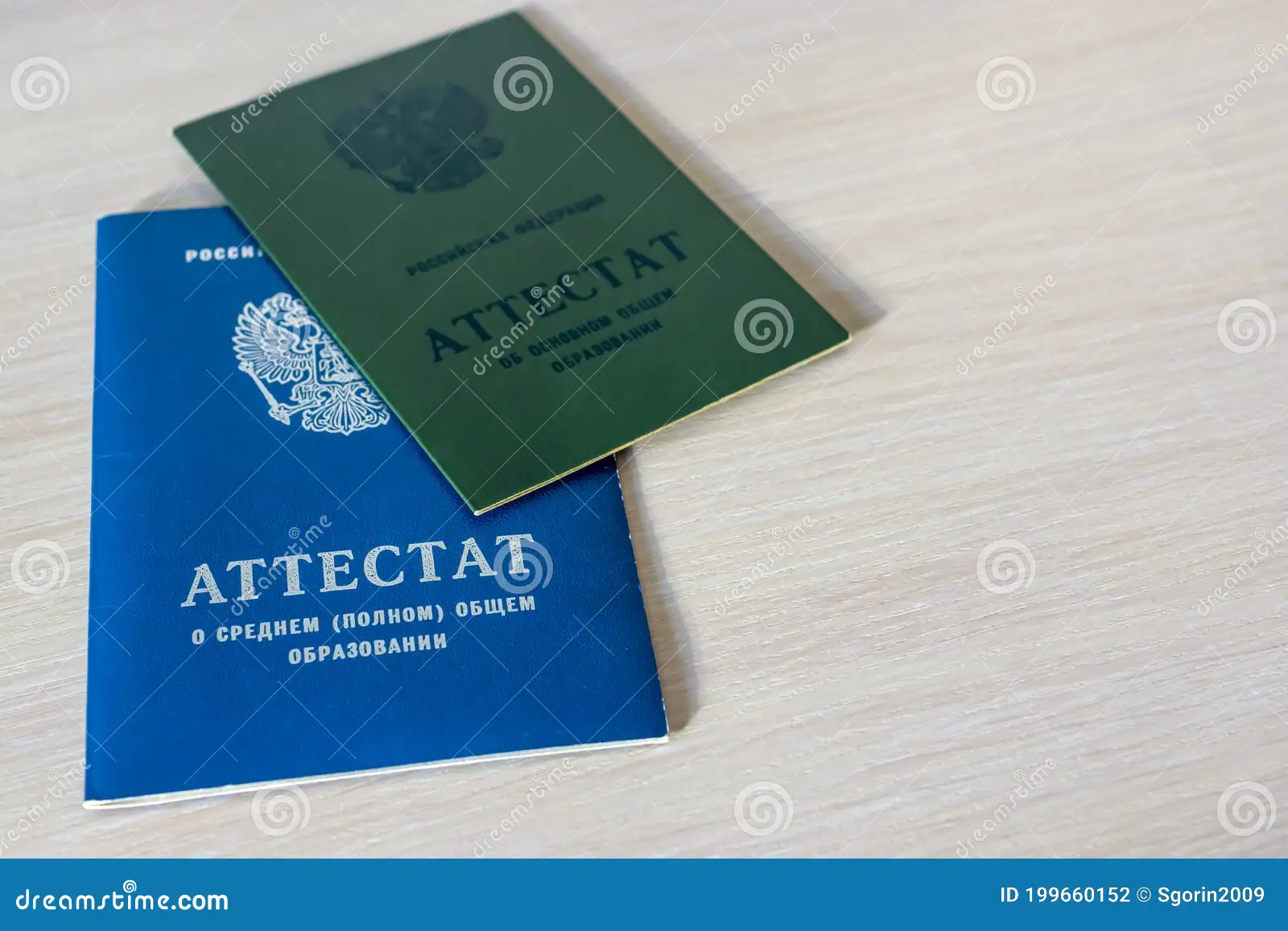
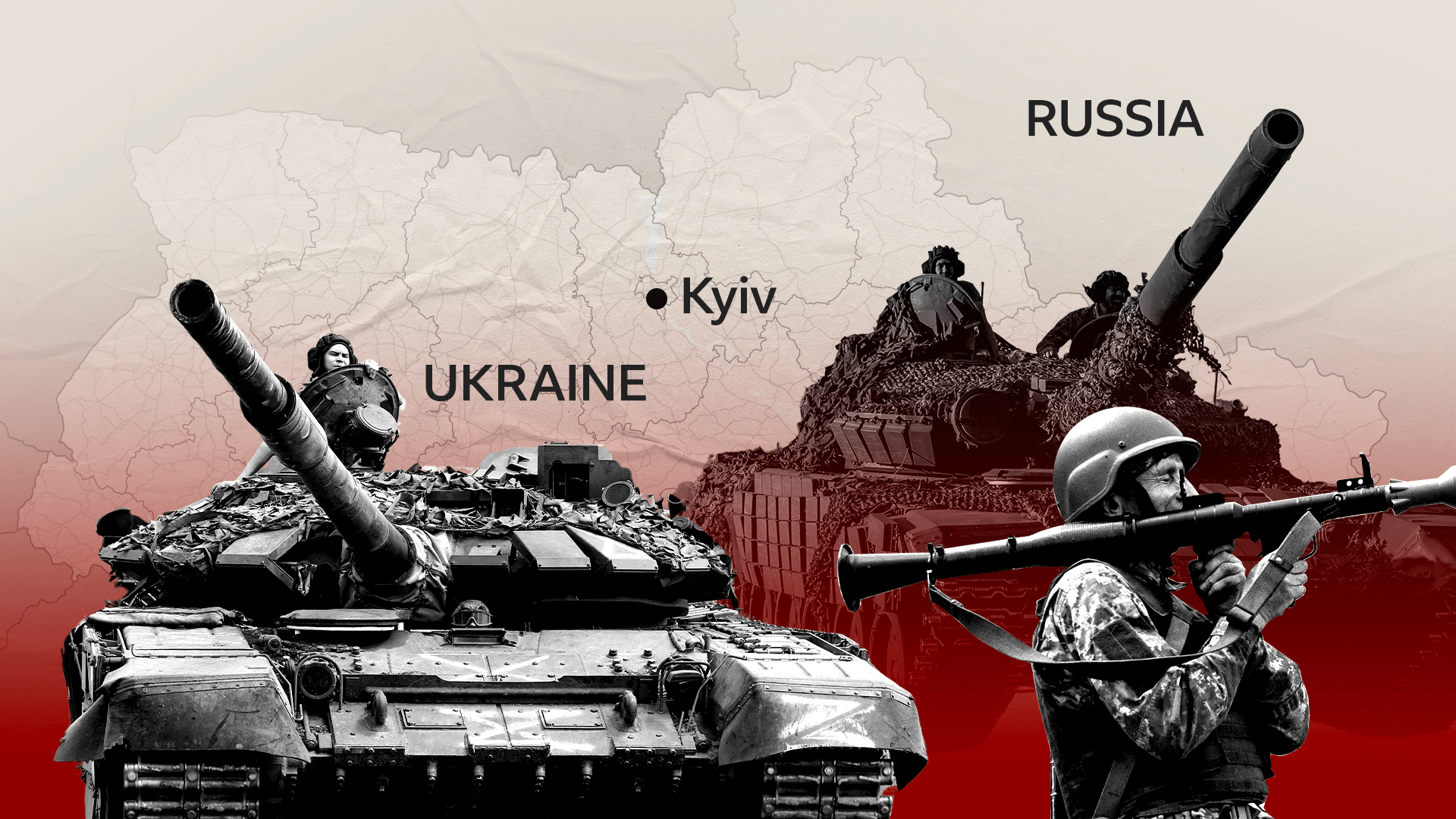
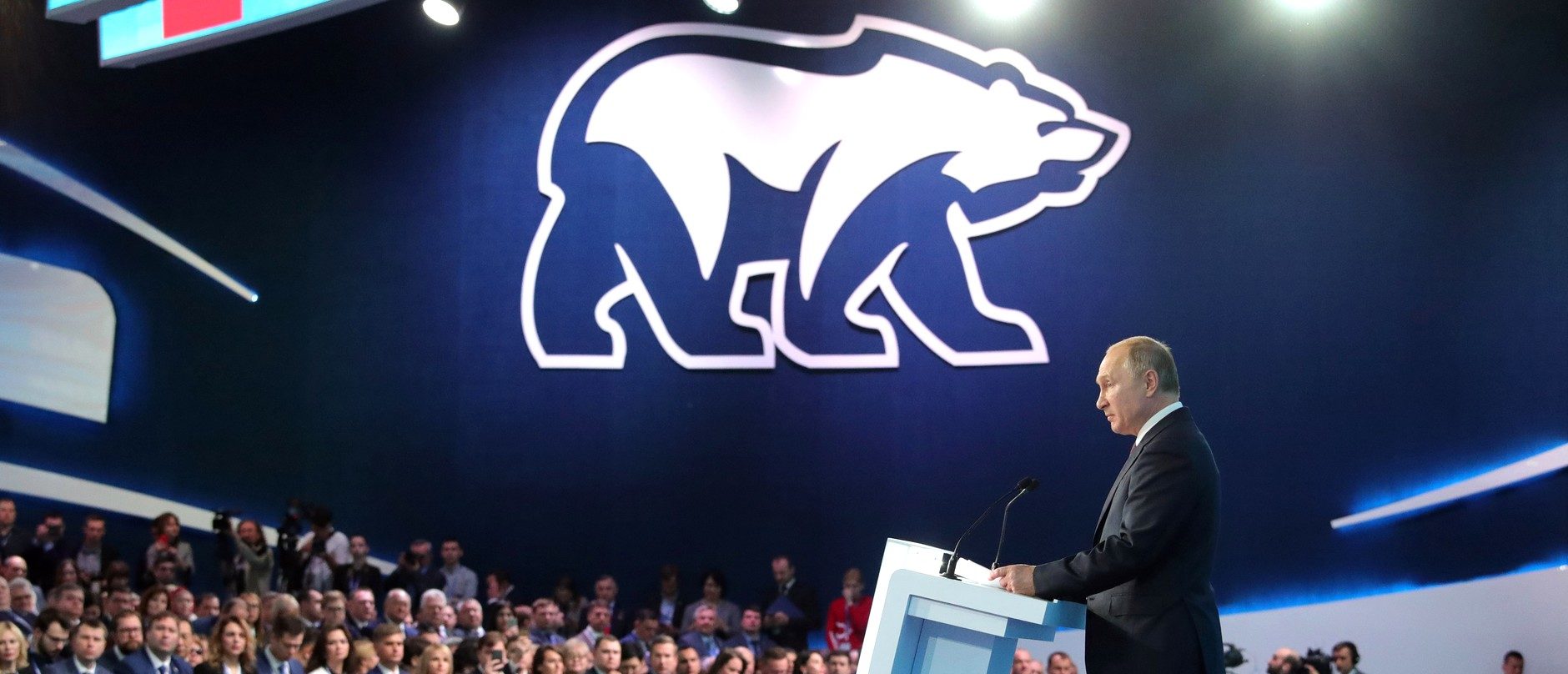
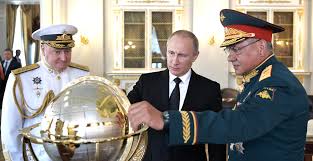

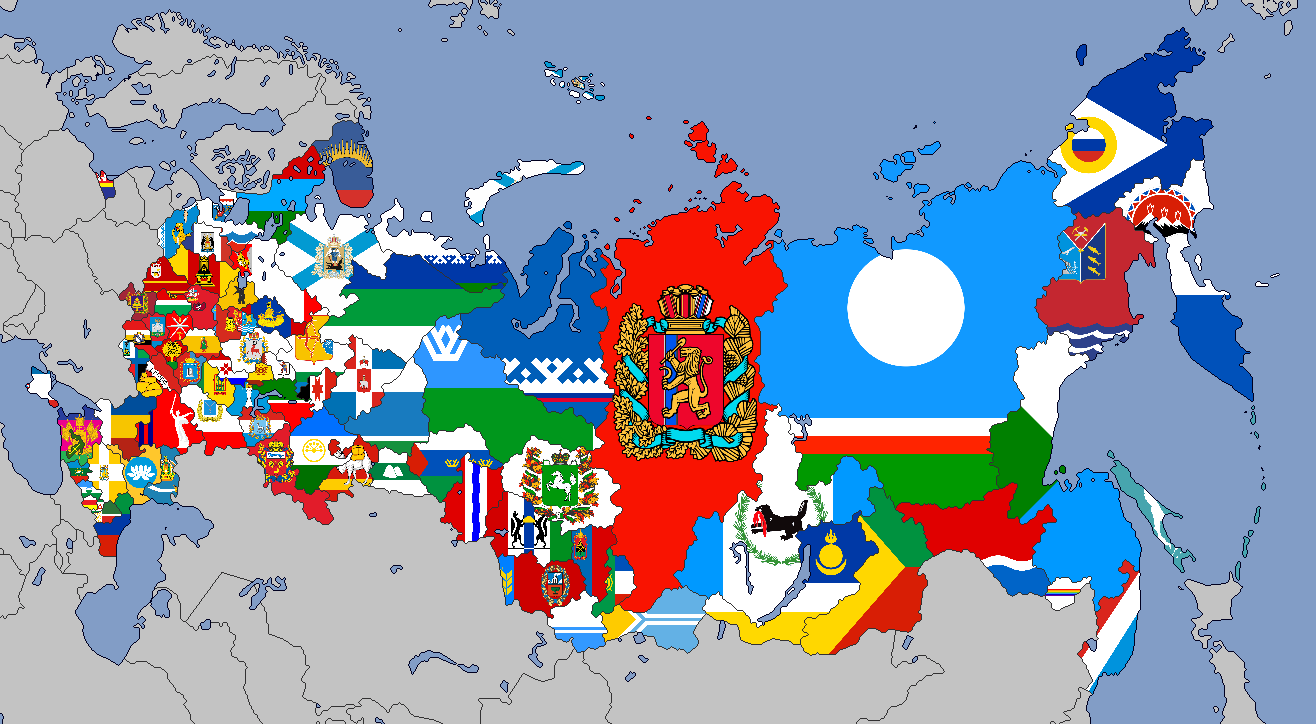
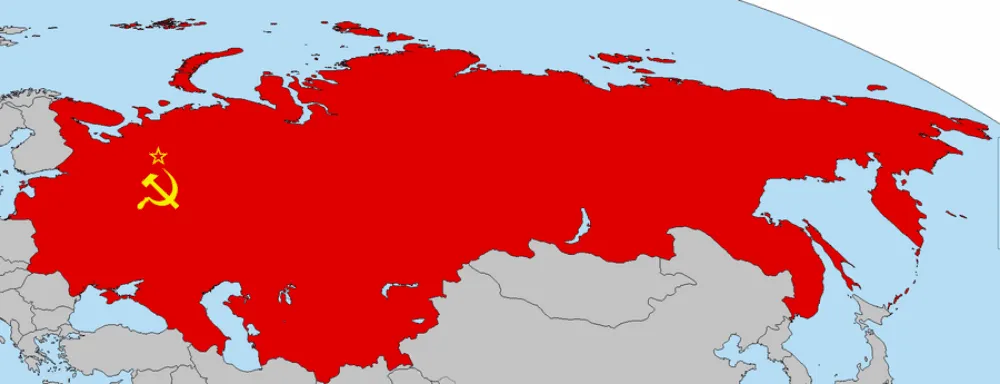
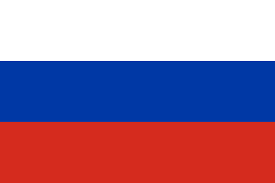
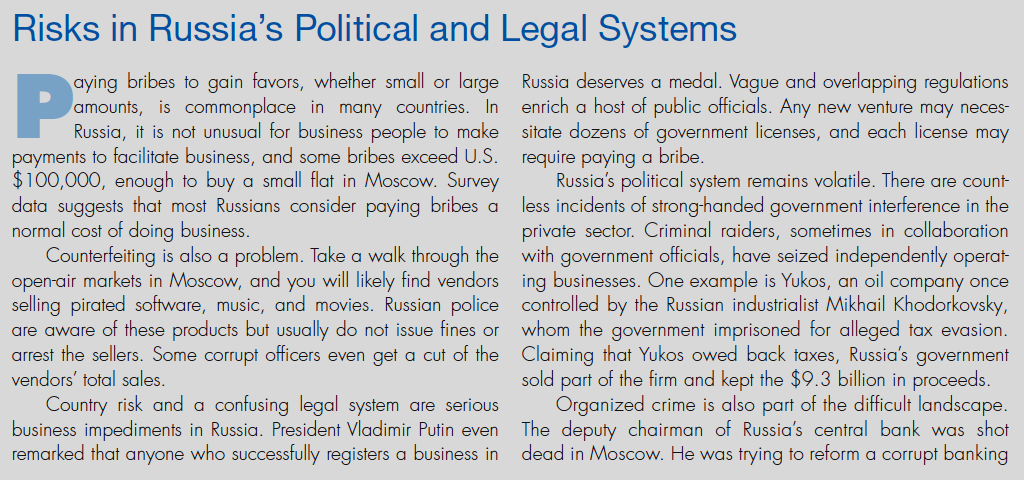
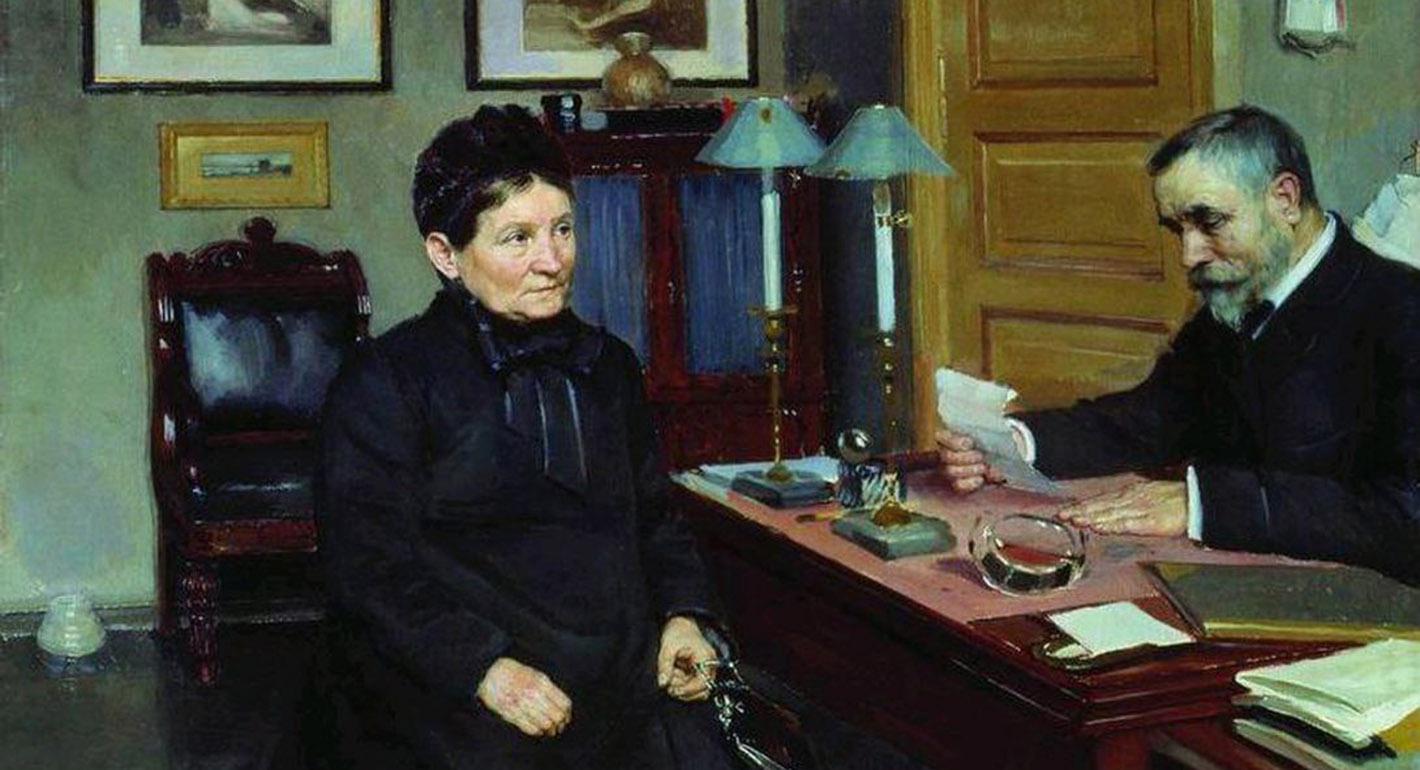
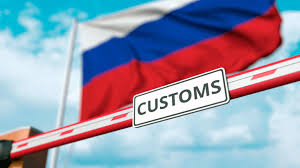
Leave a Reply